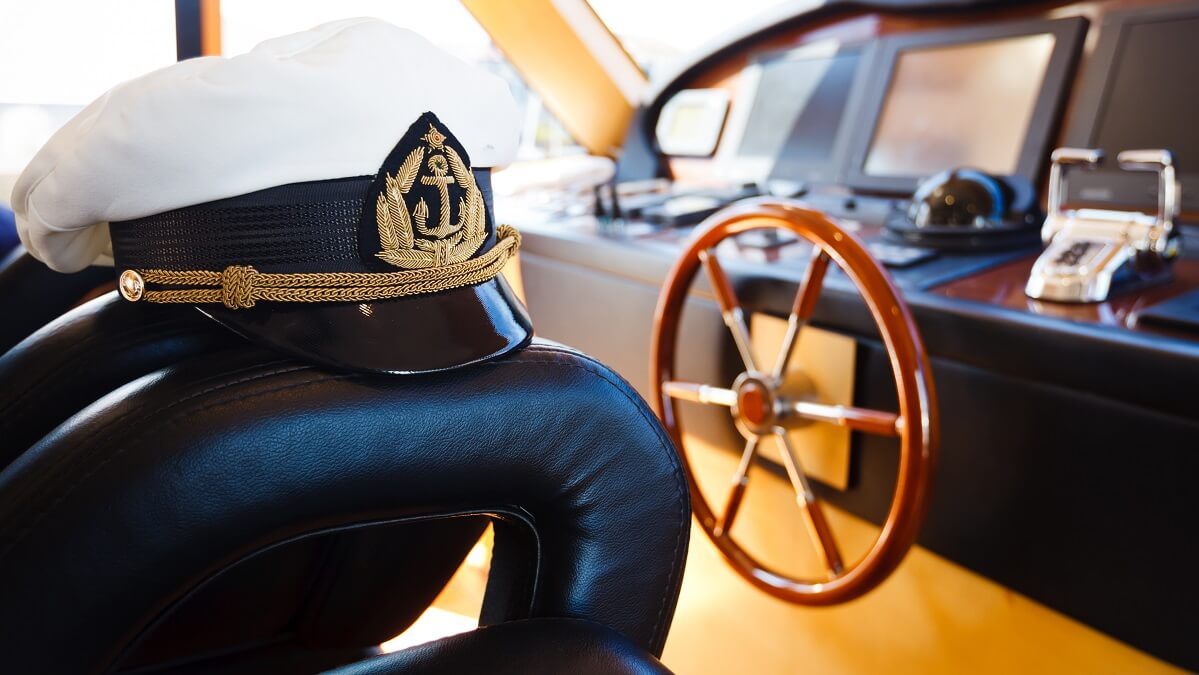Cruise ships are known for being places of relaxation and luxury, but what happens when things go wrong? The enforcement of law on a cruise ship can be complicated and murky. When a cruise ship is 12 nautical miles (22.2km) from the coast of any nation, it is considered to be in international waters, also known as the ‘high seas’. Within this region, the laws that apply are determined by the nation in which the cruise ship is registered.
Many cruise operators register their ships in nations that offer economic benefits, a practice known as ‘flying a flag of convenience’ or FOC. This is why more than 50 per cent of the world’s merchant ships are registered in Panama.
Registering a ship under an FOC allows cruise operators to avoid taxes, pay workers lower wages, and evade moral obligations.
There are pros and cons to this practice. The pros may include more affordable prices for passengers, as well as the ability to hold onboard marriages and offer gambling. However, the cons can be severe. Victims, or family members of victims, of theft, sexual assault or murder on a cruise ship may be left without adequate legal recourse or justice.
When issues arise on a cruise ship, the courses of action that can be taken by the cruise ship towards troublemakers are limited but can include:
- locking them up in their cabin
- locking them up in the brig (a more embarrassing option)
- casting them ashore at the next port of call (which may fulfil a childhood fantasy from a pirate novel)
- handing them over to authorities at the next port of call.
However, handing a criminal over to the authorities is not always straightforward. For example, let’s consider a hypothetical scenario where Susan is on a cruise between Melbourne and Bali and is sexually assaulted in international waters. The cruise ship decides to hand the assailant over to the authorities in Sydney, which is along the way. But here’s the catch – the cruise ship where the crime was committed is registered in Liberia, so Liberia is technically responsible for the investigation.
Making matters worse, it can take days for a cruise ship to reach the next port of call, during which evidence may be lost or tampered with, especially by cruise line employees who may prioritise the reputation of the cruise company.
As a result, the outcome of such cases is often disappointing. One study has suggested that only 7 per cent of crimes committed on board cruise ships are prosecuted. On board the ship, the staff and security personnel, who are under the captain’s authority, are responsible for creating a safe environment for passengers. However, they are not typically held accountable for crimes that occur on board after the fact.
In conclusion, the enforcement of law on cruises can be complex and challenging. The laws that apply depend on the nation in which the cruise ship is registered, and this can result in limited legal recourse for victims of crimes committed on board. It is important for passengers to be aware of the legal implications and limitations when travelling on a cruise ship, and cruise operators should prioritise the safety and wellbeing of their passengers in all circumstances.
Do you think the laws around cruise ships should be changed? How do you think crimes onboard should be handled? Let us know in the comments section below.
Also read: Could you retire to a cruise ship?


That is a very interesting report on crime on the cruise ships but I have a further question.
We cruised with P&O from Brisbane to Cairns and return. We put a certain number of dollars on our Shipboard Account for extra drinks, meals and Duty Free purchases. At the end of the voyage the balance was to be refunded. Disembarked on 3/12/22 and balance was finally refunded on 16/2/23. It took over 2 months of frustrating phone calls and emails to achieve this. The calls are made difficult by the language barrier.
This cruise line has one phone number only and all calls are directed to the Phillipines. There does not appear to be any recourse in Australia for this type of financial misbehaviour other than through Small Claims Tribunals. We counted ourselves as being lucky to ever see our money again. Very easy to pay them, very difficult to get refund. No apologies were gained.